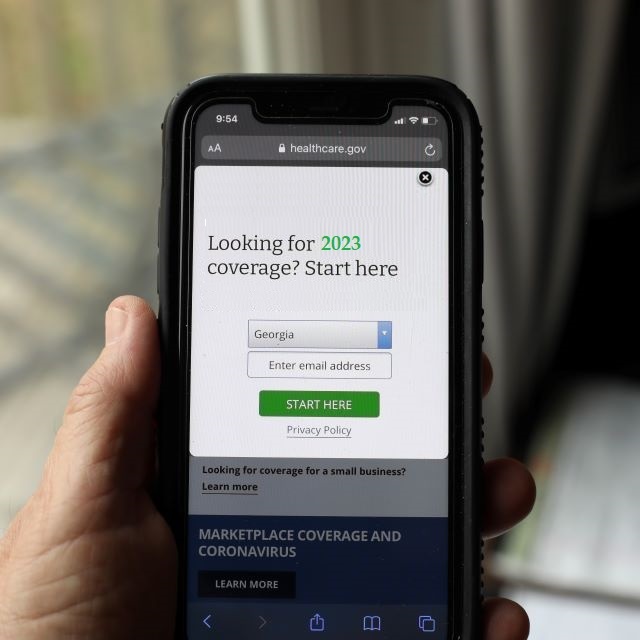
HealthCare.gov managers want to set new standards for the information that agents and brokers put on client coverage applications.
The Centers for Medicare and Medicaid Services — the arm of the U.S. Department of Health and Human Services that oversees the federal health insurance exchange program — talks about the standards in a new set of draft guidelines for the 2023 coverage year.
HealthCare.gov helps consumers sign up for health insurance policies from private insurers and use income-based federal premium tax credit subsidies to pay for the coverage.
CMS says insurance producers should supply the clients' own email addresses, telephone numbers and mailing addresses, not their own contact information, in client contact information fields when helping clients submit applications for coverage through HealthCare.gov.
CMS is proposing the changes because "it has observed agents, brokers and web-brokers submitting unauthorized exchange applications on behalf of consumers without their knowledge or content" when the applications contain the producers' own contact information, CMS officials write in the proposed "Patient Protection and Affordable Care Act: Benefit Payment Parameters for 2023″ document.
The proposed changes would not affect requirements for producers to enter their own contact information in producer registration materials and in any producer contact information fields on the consumers' applications.
The draft is set to appear in the Federal Register Jan. 5, 2022.
Comments on the draft will be due Jan. 27, 2022.
What the Proposals Mean
Because HealthCare.gov is such a big, busy, consumer-facing federal government website, any application rules it sets could eventually influence other federal agencies' rules for communications from consumers' professional representatives.
Affordable Care Act Exchange Basics
HealthCare.gov is part of the Affordable Care Exchange exchange system.
Congress created the ACA exchange system in 2010, in an effort to encourage young, healthy people to pay for private health coverage, and to reduce the average level of health risk and average premiums for all people with private health coverage.
Some states have their own, locally run exchange programs.
CMS is providing ACA exchange services for people in 33 states in 2022.
The ACA exchange system has been getting about half of its signups from agents, brokers and web brokers.
CMS puts the updates needed to keep HealthCare.gov and the state-based exchanges going in annual parameter update documents.



